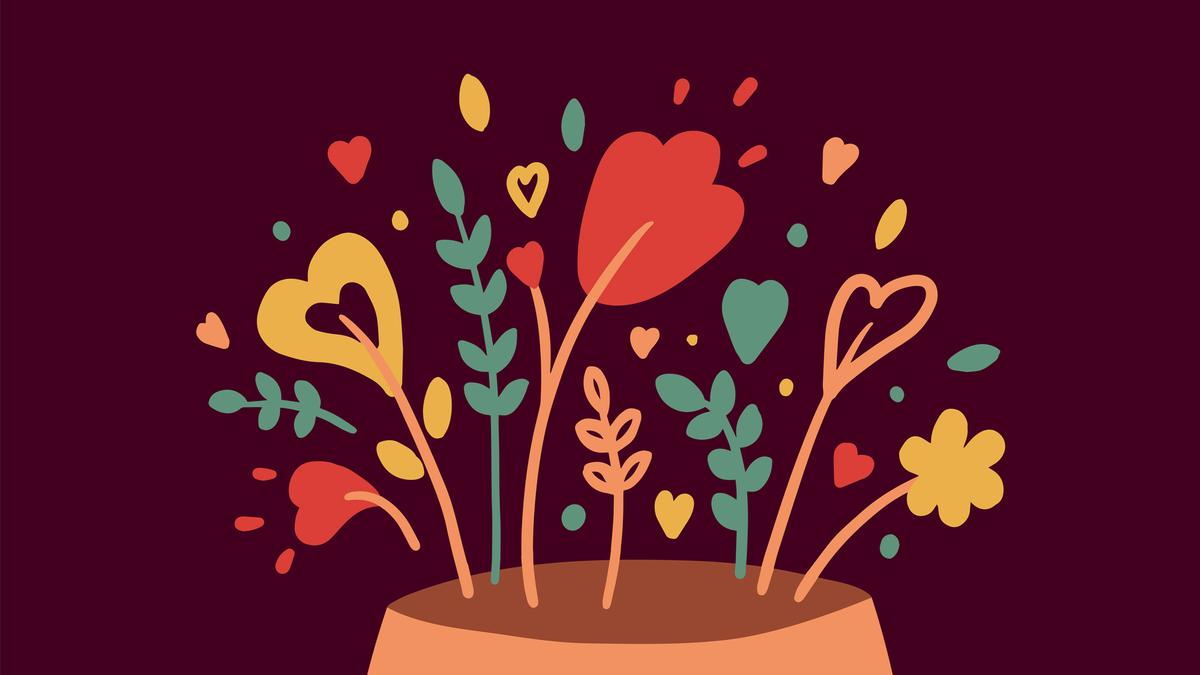
Each child is like a flower, having his or her own pace of growth.
| Photo Credit: Getty Images/iStockphoto
Education is a matter of freedom. Education is not about imparting narratives but a process to deconstruct and let the students construct knowledge according to their abilities. The sky is not blue for everyone. I might have my way to paint it; I can have my distinct sky. Similarly, teachers and gurus are never meant to impose their personal narratives on students; rather, teachers are meant to showcase experiences for the student to build around those experiences and shape his or her understanding of a concept or event.
As put forth by legal scholar Upendra Baxi in his writings, the transplantation of knowledge is often contextless. Similarly, mere transplantation of narratives is not going to serve the higher purpose of education. Education is not merely rote learning, but is about making students smart. Their analytical skills grow when a teacher grants a wide horizon to students, to showcase their vibrancy; a concrete boundary always hinders growth.
The Indian education system is shaped around the sedimentation of knowledge. The importance given to scoring marks often makes children lose their true selves and distinctiveness. A bad sense of competition and an idea of being a part of a rat race do not allow students to learn from each other. We lose the real essence of education. We forget that all great personalities had a spark in them, they believed in inventing and experimenting. This is what the education system should promote: trying new things and out-of-the-box thinking.
Remember that weeds are also flowers that refuse to grow in a row, we are all built uniquely by the divine. Every individual has a distinctive skill that they are born with; the education system should focus on polishing such skills.
We all have our distinctive voices, and education is just meant to empower us to use those.
Each child is like a flower, having his or her own pace of growth. They shall be nurtured and nourished by the teachers individually, just like a gardener takes care of plants.
The intake of a huge number of students into an educational institution for monetary growth often compromises personalised assistance by educators. An idea of reverse learning/teaching can be used to further this aim of growth. Here, the students should be given a chance to teach the teachers various topics; this will enhance their analytical skills, reading capacity, and communication ability, thus fostering confidence.
A teacher-student relationship is indeed a fiduciary relationship, unlike a master-servant relationship; here, one cannot act as an oppressor over the other, and both should grow equally. In line with the thoughts of liberation, transformation, and humanitarianism, the teachers shall not shape the reality for students but, rather, grant them the ability to perceive the reality through their sensory abilities.
Published – August 17, 2025 04:45 am IST
